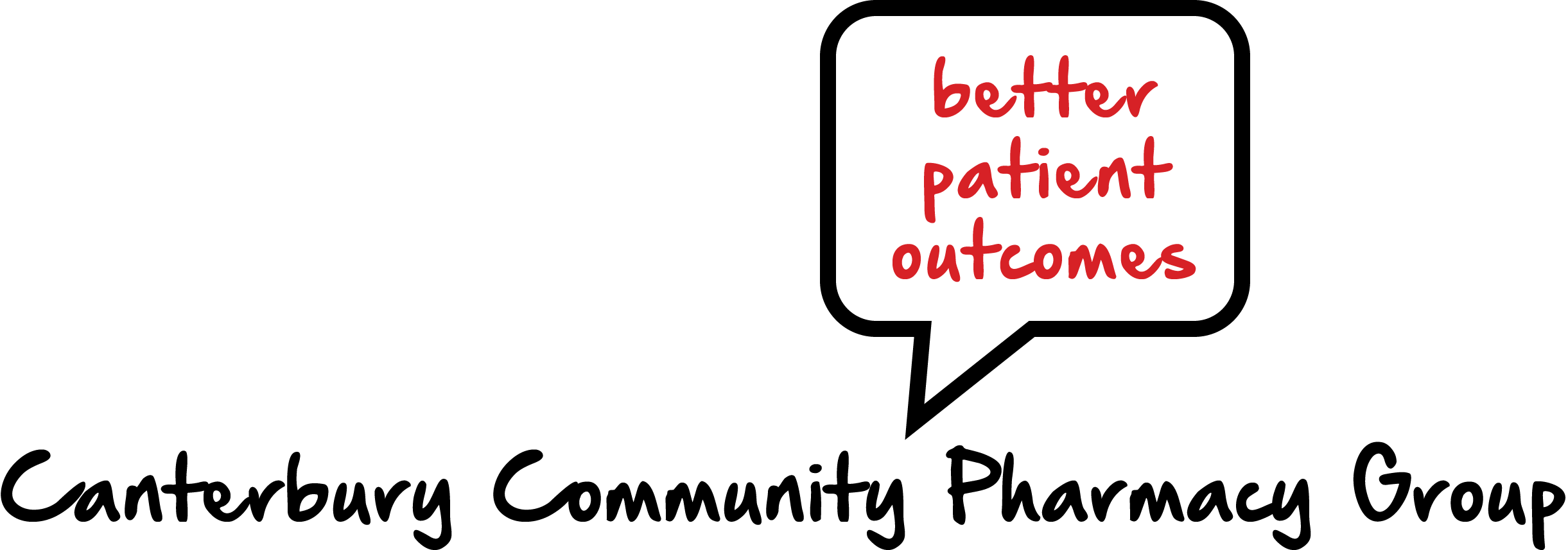Co-pay dropped and patients immediately benefit
Patients will no longer have to ration or miss out on essential medicines because of cost now the $5 per prescription charge has been dropped.
The Canterbury Community Pharmacy Group say the initiative, announced in this year’s budget, will immediately make a positive difference to people’s health, particularly those managing long term conditions.
“With this cost of living crisis, everything costs more and I am on a fixed income. I was able to save a nest egg before my retirement so I can pay for the basics that my pension does not cover. But every single thing is more expensive so I’m grateful the $5 prescription cost will be dropped as every dollar counts for me, and I’m sure a lot of other people, not just retirees.”
Simon Church is a Canterbury Community Pharmacy Group board member and owner of a pharmacy in Aranui, Christchurch. He says the per-medication charge (dubbed a co-pay) forced people to prioritise what medicine they could afford. The continued rising cost of living had increased this pressure.
Church says when patients couldn’t afford the co-pay charge they often took only some medications, or the pharmacy would allow them to pay the costs over time to ensure they did not miss any essential medicines.
“I found if people have to choose what medicines to collect because of cost they often choose painkillers and might not collect medicines for long term conditions such as diabetes or high cholesterol. This is not good for the patient or the health system because these conditions don’t go away and become worse with a lack of treatment, with long term consequences for people’s health.”
Church says the co-pay cost also meant some people stayed away from the pharmacy altogether, missing out on important medications and consultations.
“Pharmacists are an integral part of caring for people in their communities and they can better do this when money is not a barrier.”
Aranui man John Robertson takes four different medications a day to ‘keep me alive and as healthy as possible” after suffering a stroke two years ago. The 52-year-old says he took his life-preserving medication every second day when he could not afford to renew the prescription.
“I’m not sure what exactly the medicines do but they are keeping me alive and I have to take them for the rest of my life. It really isn’t good having to ask the pharmacist to pay later or not take the medicines properly because of money.”
Paul Dargan takes seven different medicines a day for a variety of ailments including a heart condition and type 2 diabetes. The 79-year-old Wainoni man has mobility issues so gets his prescriptions delivered.
Dargan says he’s “dipped into his savings” to pay prescription charges. His savings also cover recent increases in everyday costs, such as a doubling of the cost to insure his home.
A recent study by the University of Otago’s Va’a o Tautai – Centre for Pacific Health – found for every 100 people who received free prescriptions, 33 were admitted to hospital and stayed for 208 days. For those who had to pay the $5 charge, for every 100 people, 41 were admitted to hospital and stayed for 326 days. The study was published in the BMC Health Services Research journal.

